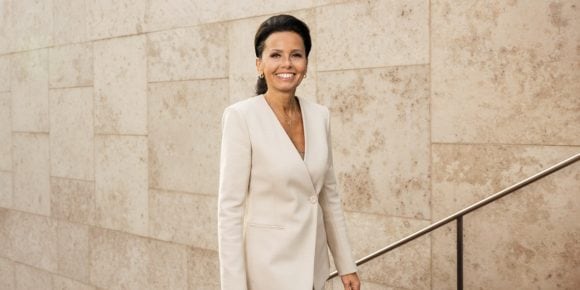Sandra Huber-Schütz on women’s financial independence
Matters of the heart: through UBS Women’s Wealth, Sandra Huber-Schütz has dedicated herself to promoting financial literacy and women’s independence. Find out in this interview why the one cannot be separated from the other.



